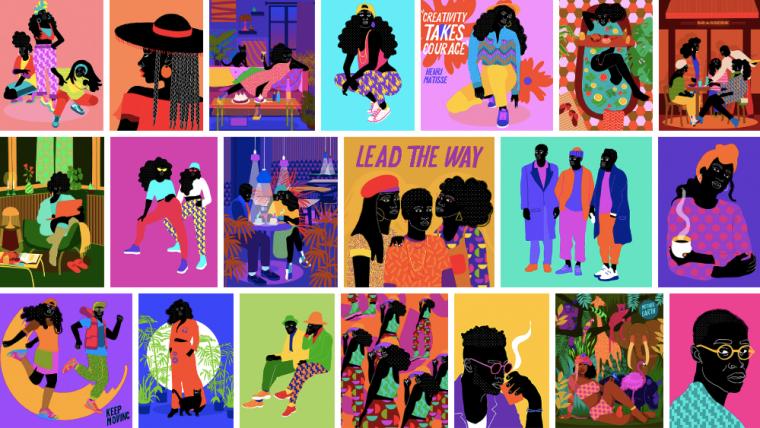
I can’t be a bystander. Gender-based violence is a pandemic
Lucinda Evans turned a corner one day, and her whole life changed. In the street in front of her, a man was assaulting a woman. His kicks, her cries, touched something at the core of Evans. Unable to remain a witness, she found herself reacting. The diminutive woman intervened in an attempt to protect the victim. This incident was a catalyst for Evans, who went on to start a safehouse for women and children using her own money, working out of her garage.
Today marks the last day of 16 days of activism for no violence against women and children – a call for change in a crisis that desperately needs it. Gender-based violence is an epidemic in South Africa. It costs the economy a minimum of R42 billion every year – or 1,3% of our GDP. That figure, from data in 2012, is based on the assumption that 30% of all women experienced some form of violence that year – a conservative estimate. These are staggering numbers. The need for Evans’ safehouse cannot be overstated. Philisa Abafazi Bethu (PAB) is making a difference in a fight that sorely needs it. PAB is the only safehouse in the Western Cape that provides an emergency overnight and five-day stay for women in need.
Her work means that women and children who would have nowhere else to go have a safe space, a refuge. She works with victims in emergency situations – where the stakes are life and death. Her efforts have been recognised. She was a finalist for the Shoprite Checkers Women of the Year, and a Vital Award Winner in 2014. But that’s not why Evans does this. “I could never be a bystander. It’s not in my nature,” she says.






























Please sign in to leave a comment